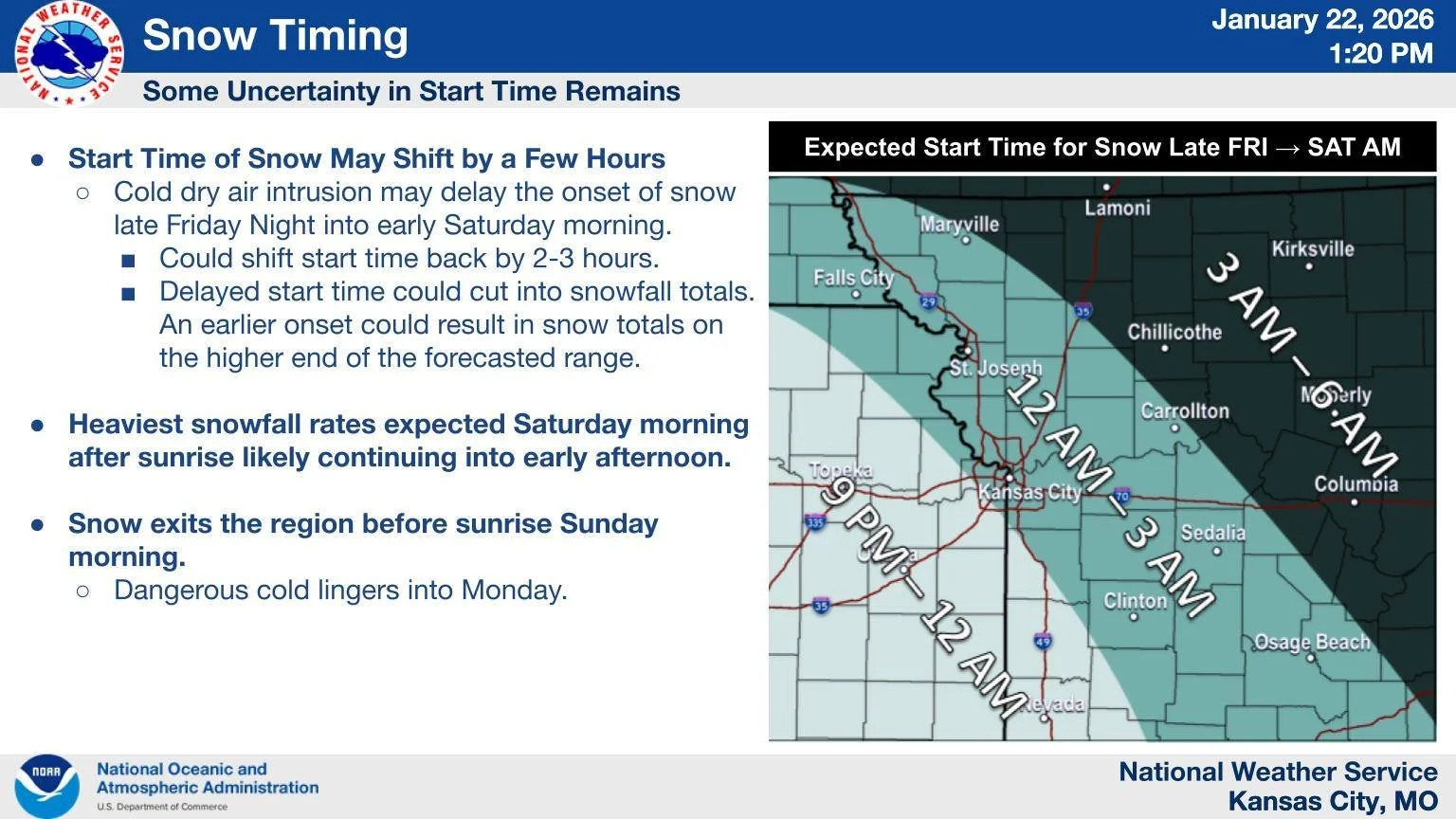Parson Announces Historic Fifth Tax Cut
/During the Springfield Area Chamber of Commerce's annual State of the State on Tuesday, July 30, Governor Mike Parson announced that Missouri's robust economy and continued revenue strength has triggered an additional income tax cut under Senate Bills (SB) 3 & 5, approved by Governor Parson in 2022. This income tax cut lowers Missouri's top income tax rate to 4.7 percent and marks a more than 20 percent decrease in Missourians' income tax burdens during the Parson Administration.
"As a lifelong conservative, I'm exceptionally proud to announce the fifth income tax cut of our administration," Governor Parson said. "We know there is a lot of noise and nonsense from candidates running for political office wanting Missourians to ignore our wins an focus on their fears, but the reality is Missouri's economy is strong. This year alone, we've nearly added 70,000 jobs to our economy, rank first in the nation for job growth, and businesses continue to grow and invest in our communities at a record pace. The simple fact remains: Missouri is on a solid foundation and Missourians are reaping the rewards by keeping more of their hard-earned money in their pockets, and we offer a special thanks to Lt. Governor Mike Kehoe, Senator Lincoln Hough, and all legislators in support for helping deliver these historic tax cuts to all Missourians."
Even before this income tax cut, Missouri was ranked 11th for the lowest tax burden in the nation, including both state and local taxes, by U.S. News.
“Throughout his time in office, Governor Parson has been consistent in cutting the state’s income tax, this being the fifth cut over the last six years,” Lieutenant Governor Mike Kehoe said. “I was pleased to support the legislation enabling these tax cuts and am glad to see another cut triggered. This ensures Missourians’ hard-earned dollars remain where they belong – in their own pockets, where they can spend it far better and more wisely than the government. As a state, we must continue to work together to encourage economic growth by ensuring Missourians can spend more of their own money in the state’s economy.”
SBs 3 & 5, passed by the General Assembly and signed by Governor Parson after his special session call in 2022, included additional 0.1 percentage point income tax cut triggers when general revenue increased by $200 million, adjusted for inflation, in a given fiscal year (FY). Net general revenue collections grew by $322.6 million from FY23 to FY24. As a result, Missouri's top income tax rate will be cut from 4.8 percent to 4.7 percent, effective January 1, 2025.
This action marks the fifth income tax cut Governor Parson has implemented during his time in office and a 1.2 percentage point total reduction: 0.5 in 2019, 0.1 in 2022, 0.35 in 2023, 0.15 in 2024, and 0.1 in 2025.
Missourians income tax burdens have now been reduced by more than 20 percent since Governor Parson took office. This was achieved at the same time Missouri's economy earned record wins during the Parson Administration:
1st in the nation for job growth in 2024.
More than 175,000 jobs added to Missouri's economy (since June 2018).
Outpacing all neighboring states in manufacturing job growth.
Lowest unemployment rate ever recorded at 2.1 percent (April 2022).
Six consecutive years of Missouri's unemployment rate below the national average.
61 months of positive job growth – despite a global pandemic.
$1.9 billion left on the bottom line thanks to conservative and balanced budgets year after year.
AAA credit rating maintained all six years.
40 percent general revenue growth driven by sales tax collections (i.e. Missourians spending their own money).
“This is good news for hard-working Missouri families, and proves our historic tax cut legislation is working exactly as we knew it would," Senator Lincoln Hough said. "More money in Missourians' pockets means more money in the economy and in turn more state revenue, and thanks to our efforts, that revenue is leading to more tax cuts. Every day, I’ll fight for Missourians to keep more of their hard-earned money.”
Brian Watts contributed to this story.























